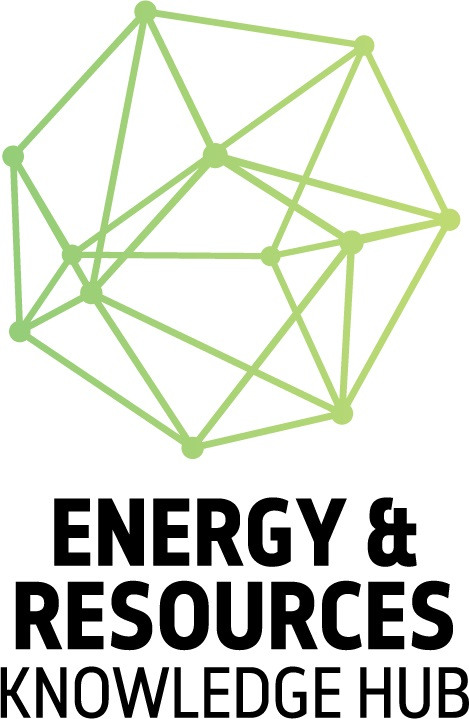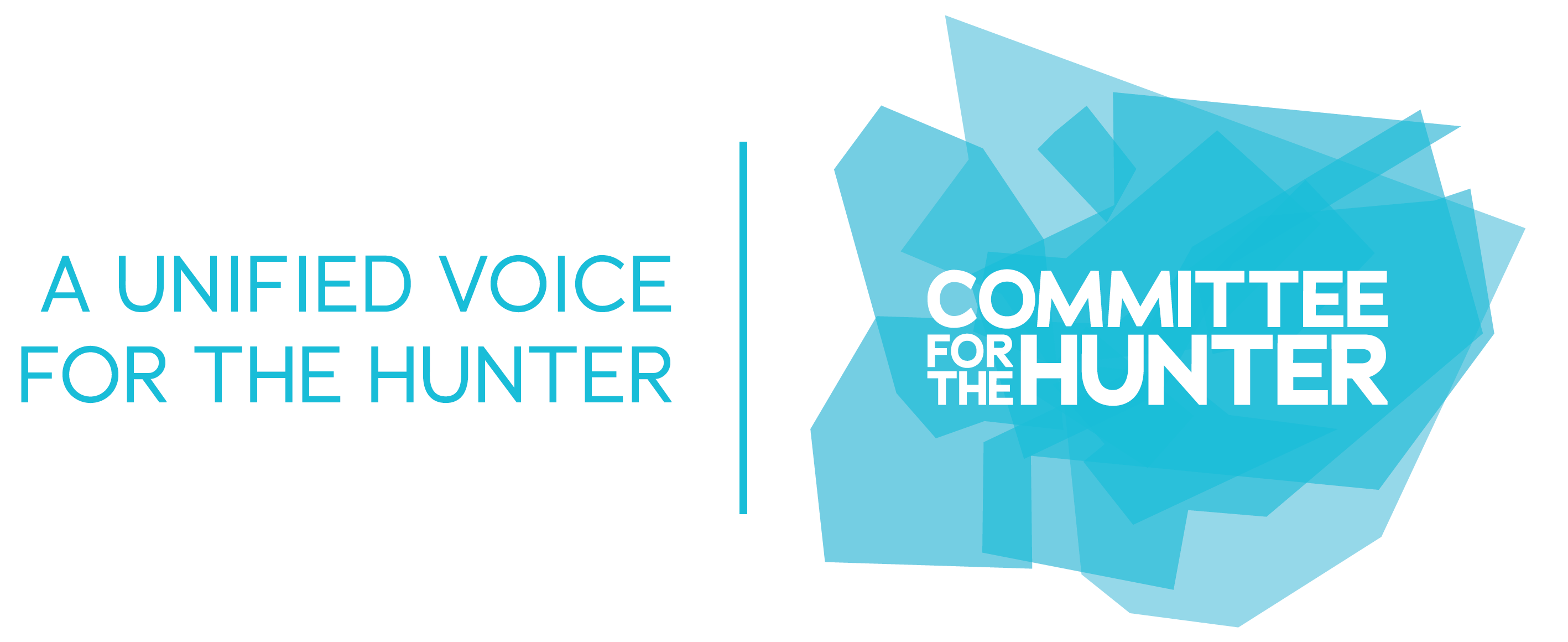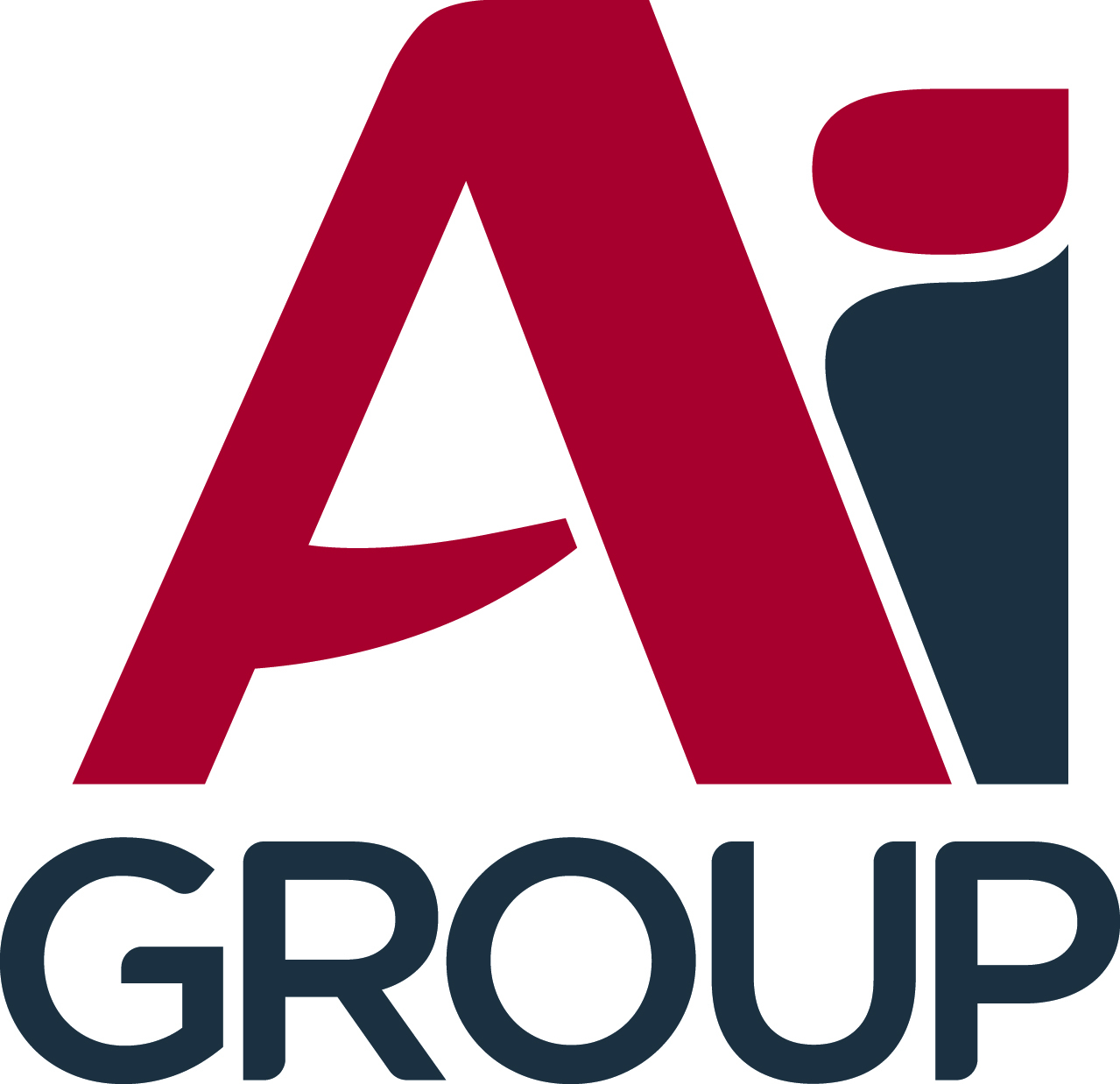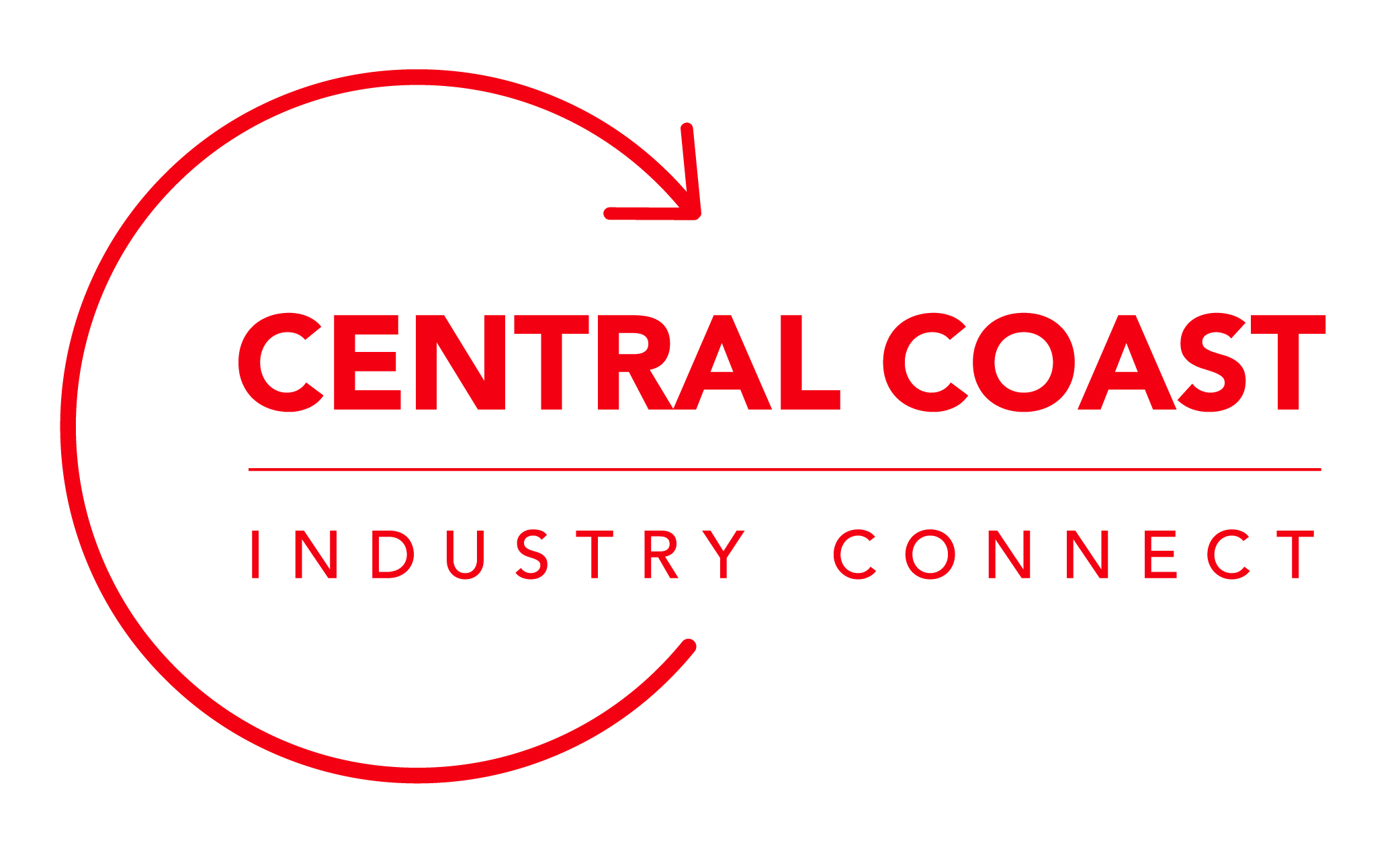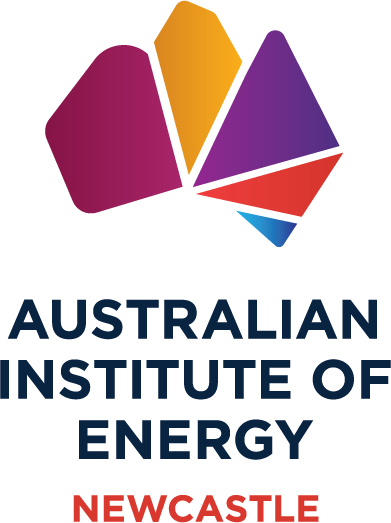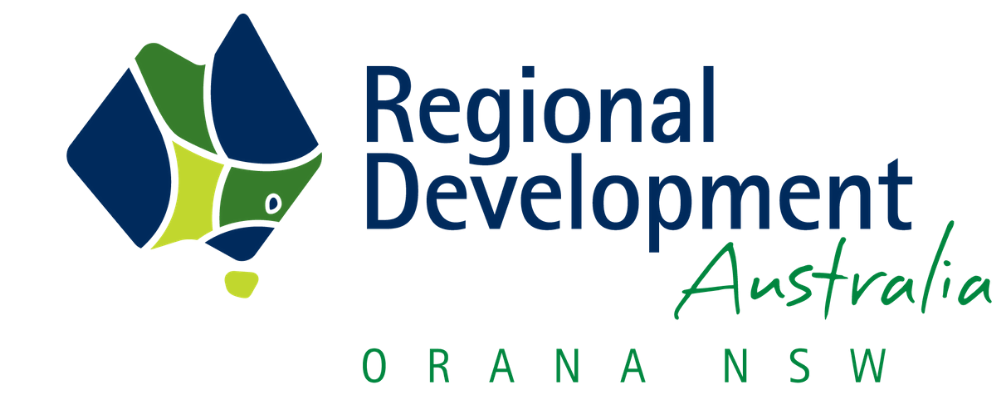Clean energy group call for urgent reform to boost investment security
The Clean Energy Investor Group (CEIG) has today urged Federal and State governments, and the Energy Security Board (ESB), to implement the urgently needed market reforms to deliver the certainty required to manage grid access and congestion for new renewable energy projects
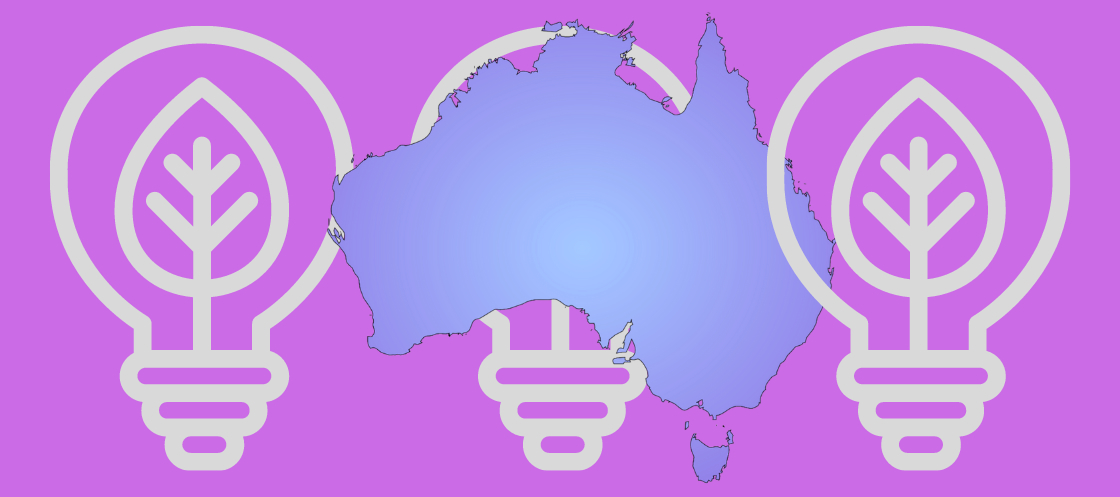
Clean Energy Investor Group (CEIG) is a not for profit advocacy organisation representing institutional investors with a combined generation portfolio of 11GW across more than 70 power stations and a combined portfolio value of around $24 billion.
A recent member survey by CEIG has highlighted that investors consider the risks due to grid congestion in the Australian market have caused a 100-250 basis point increase in the cost of equity for Australian renewable energy projects compared to other OECD markets. As a result, many investors are focusing on the US, European and Asian market instead of Australia.
“Grid congestion is a handbrake to renewable energy investment and must be urgently fixed," said CEIG CEO, Simon Corbell.
“Investors could not be any clearer: we need urgent reform to grid access and congestion management to ensure the uptake of future clean energy projects in Australia. Without this, investors will continue to see higher levels of risk in the Australian market,” he said.
Today, CEIG released its response to the the Energy Security Board’s latest consultation on grid access and congestion management reform, urging the ESB to support CEIG’s alternative transmission queue reform proposal.
The key elements of CEIG’s transmission queue proposal are:
- A grid access regime which is designed to apply across the NEM, and within State based Renewable Energy Zones.
- Improved long-term locational signals for investors to avoid grid congestion in the first place.
- Assigning generators a queue number of ‘0’, ‘1’, ‘2’, etc based on the available transmission capacity in the area when they connect. The lowest cost bid continues to be the primary driver for deciding which generator to dispatch. When there is congestion in the electricity grid, generators with a higher queue number are curtailed first (‘last in, first curtailed’).
“Australia has no more time to waste. The next three months will be vital to progress the detailed design of all shortlisted reform proposals before a recommendation is made to Ministers at the end of this year,” Mr Corbell said.
“Getting reform right is critical to lower the cost of capital and therefore minimise the costs that will be paid by consumers for the generation, storage and transmission assets necessary for the energy transition.”





